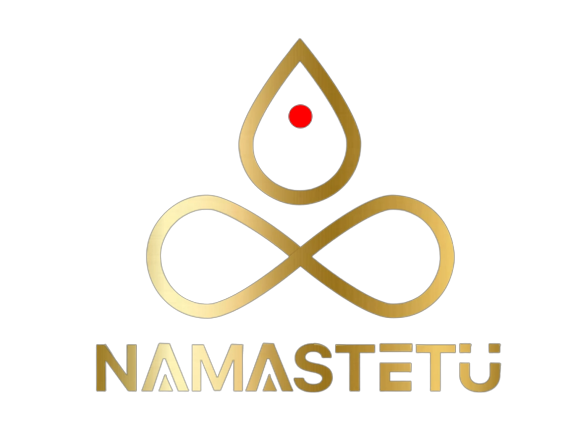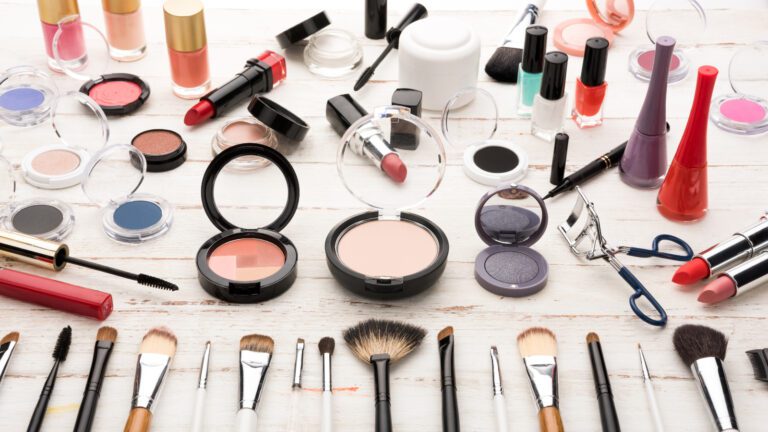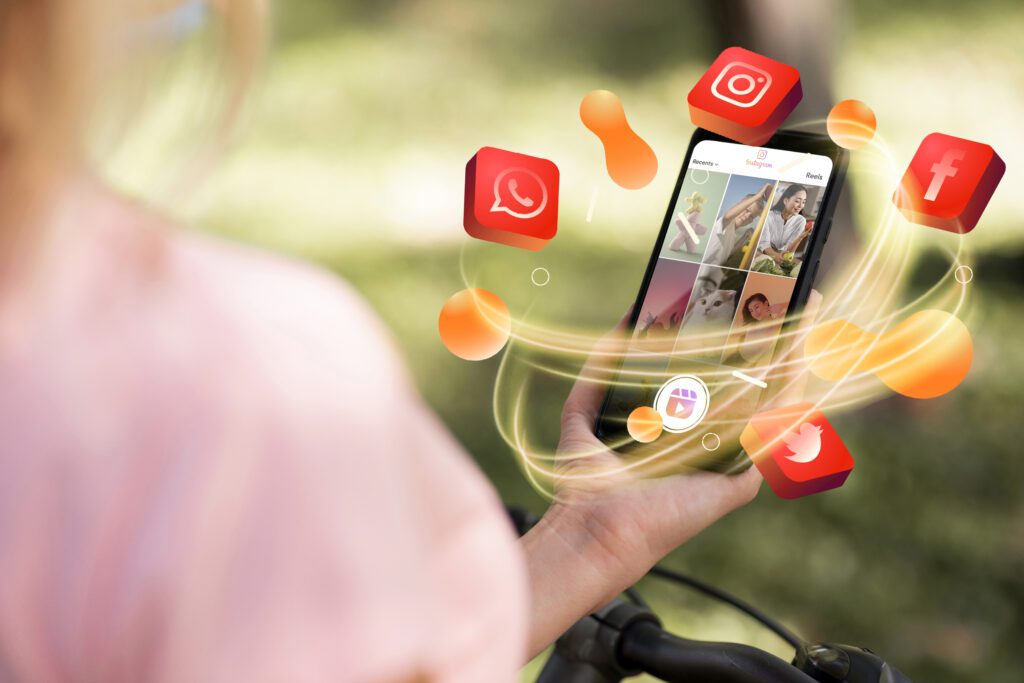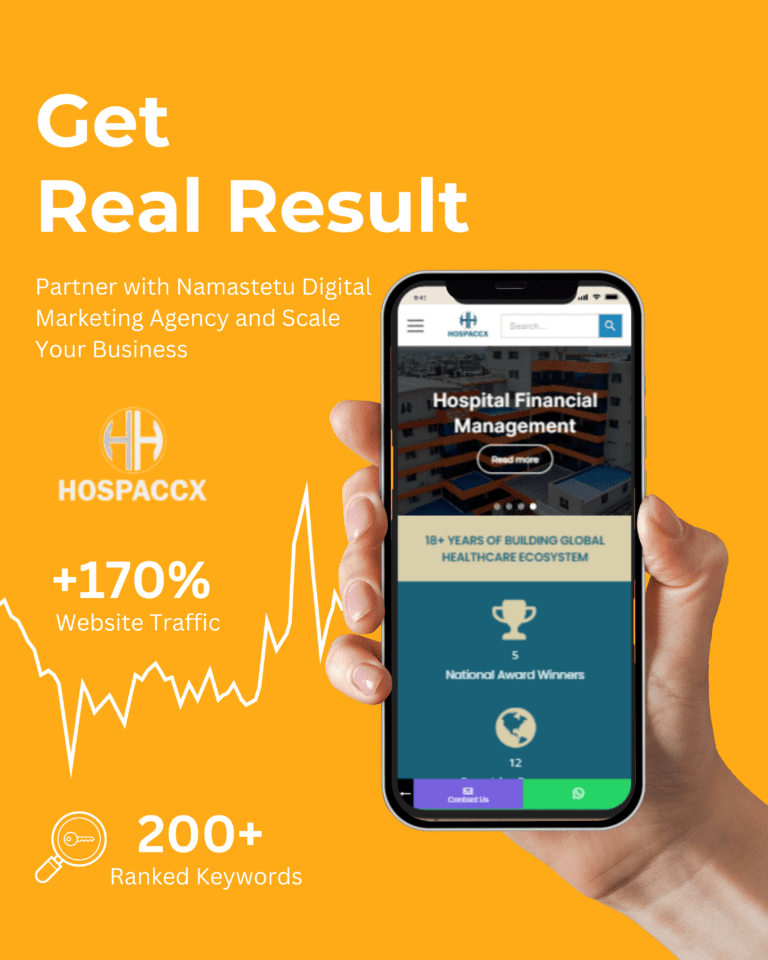Digital Marketing for the Beauty Industry: Strategies for Success
Digital marketing is now an important part of any brand that wants to do well in the beauty industry, which is always changing. With the rise of e-commerce and social media, cosmetic digital marketing, cosmetic product marketing, and cosmetic brand marketing have transformed how beauty products are promoted and sold. This article talks about the best ways to market in the beauty industry and the strategies that work best.
The beauty industry relies uniquely on visual appeal and personal experience. Digital marketing in this sector must showcase the product and create an experience that resonates with the target audience. The rise of influencers, beauty bloggers, and vloggers has further shaped the landscape, making authenticity and relatability critical components of successful marketing campaigns.
Embracing Cosmetic Digital Marketing
Digital marketing for cosmetics involves a multifaceted approach. Brands must leverage various digital channels to reach their audience effectively. Digital marketing for beauty industry includes:
- Social Media Marketing: Platforms like Instagram, TikTok, and YouTube are ideal for showcasing beauty products. Through engaging content, tutorials, and influencer collaborations, brands can create a buzz around their products.
- Content Marketing: Blogs, videos, and articles that provide valuable information about beauty routines, product benefits, and industry trends can help establish a brand as a thought leader.
- Email Marketing: Personalized email campaigns can inform customers about new product launches, special offers, and exclusive content.
- SEO and SEM: Optimizing for search engines ensures that potential customers find your products when they search for related terms. Paid search ads can also drive traffic to your website or product pages.
Strategies for Cosmetic Product Marketing
Marketing individual cosmetic products requires a deep understanding of the target audience.
Here are some strategies:
- Segmentation and Personalization: Segment your audience based on their preferences and personalize the marketing messages to resonate with each group.
- User-Generated Content: Encourage customers to share their experiences and photos using your products. This provides social proof and builds a community around your brand.
- Virtual Try-Ons: Augmented reality (AR) technology allows customers to try products virtually, enhancing the online shopping experience.
- Sustainability and Transparency: Consumers are increasingly conscious of beauty products’ ingredients and environmental impact. Highlighting these aspects can be a powerful marketing tool.
Marketing for the Beauty Industry: A Holistic Approach
A holistic approach to marketing in the beauty industry involves integrating various elements to create a cohesive brand image. This includes:
- Brand Storytelling: Share your brand’s story, values, and mission. This facilitates your ability to emotionally connect with your audience.
- Innovative packaging: Goods will stand out from the competition and appeal to customers who care about the environment if they are packaged with creative and environmentally friendly materials.
- Customer Reviews and Testimonials: Showcase honest customer feedback to build trust and credibility.
- Loyalty Programs: Reward loyal customers with exclusive offers and early access to new products.
Challenges and Opportunities in Cosmetic Brand Marketing
While digital marketing offers vast opportunities, it also presents challenges, such as staying ahead of rapidly changing trends and dealing with intense competition. To overcome these challenges, brands should:
- Stay Updated with Trends: Keep an eye on emerging trends and adapt your marketing strategies accordingly.
- Data-Driven Decisions: Utilize analytics to discover what your customers like and how they behave; then, utilize this knowledge to modify your company’s marketing strategy.
- Work Together and Innovate: To produce distinctive content and goods, collaborate with artists, influencers, and other businesses.
- Concentrate on Mobile Marketing: With the increasing number of people owning smartphones, mobile optimization is critical to reaching a wider audience.
Conclusion
Digital marketing in the beauty sector aims to create a brand experience that captivates and engages customers in addition to selling products. The key to success is crafting stories that personally connect with readers through innovative techniques that blend technology and creativity. Beauty brands need to prioritize inclusivity and authenticity in this dynamic and ever-evolving digital landscape in order to cater to the varied and changing demands of their audience.
Beauty brands can become leaders in the digital age by adopting these values, which will promote aesthetics and substance while also encouraging brand loyalty. Ultimately, the brands that thrive will be those that understand the power of digital marketing to not just reach, but to touch and inspire their audience, creating lasting impressions in a world where beauty and technology converge.




